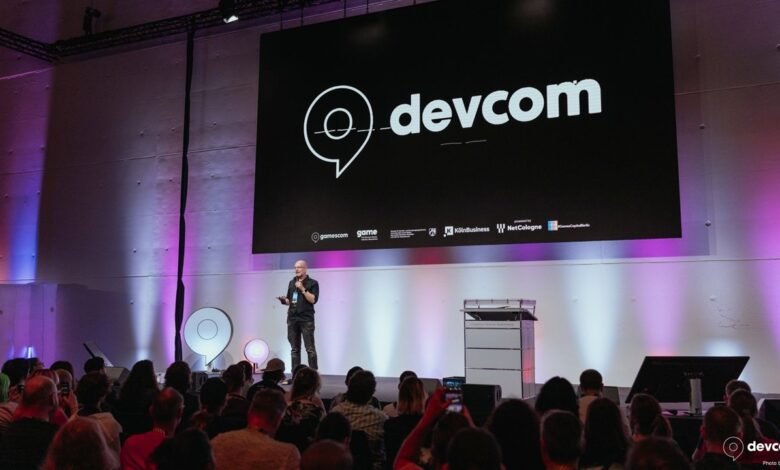
At this year’s devcom developer conference in Cologne, Germany, Google Cloud dropped a number that’s hard to ignore: nine out of ten game developers are already using AI in their workflows. What once sounded like sci-fi is now just another Tuesday in the gaming world.
The new survey, carried out by The Harris Poll across 615 developers from the US, South Korea, Finland, Norway, and Sweden, paints a picture of an industry that isn’t cautiously dipping toes but rather cannonballing into the AI pool. An eye-popping 97% of respondents believe generative AI is reshaping the industry, and they’re not just talking about small tweaks.
So, where exactly is AI sneaking in? For starters, it’s doing the “boring” stuff developers have long wanted to automate. 95% say it’s reducing repetitive tasks, freeing up time for creativity. Think playtesting and balancing (47%), localization (45%), and even code generation (44%). That’s the kind of heavy lifting no one’s going to miss.
But the real fun is in how it’s sparking creativity. Developers are already experimenting with AI-designed levels, animation, and even dialogue. Nearly 37% of those surveyed said AI lets them push boundaries in narrative and gameplay experiments. And if you thought NPCs were already getting smarter, just wait. Developers see AI creating adaptive worlds and characters that actually learn from player behavior. Basically, your enemies might finally stop walking into walls.
Of course, it’s not all sunshine and procedurally generated rainbows. Studios flagged concerns about data privacy, the cost of AI integration, and the eternal question: who really owns AI-generated content? But interestingly, about a third of developers believe AI could level the playing field for indie studios trying to stand up against the Ubisofts and EAs of the world.
Google Cloud’s Jack Buser summed it up best: “AI is no longer a futuristic concept—it’s a present-day reality changing how games are made and played.”
For gamers, that means a future where every session feels less scripted and more alive. For developers, it means less grind and more imagination. And for the rest of us? Well, we’re happy for you all.





